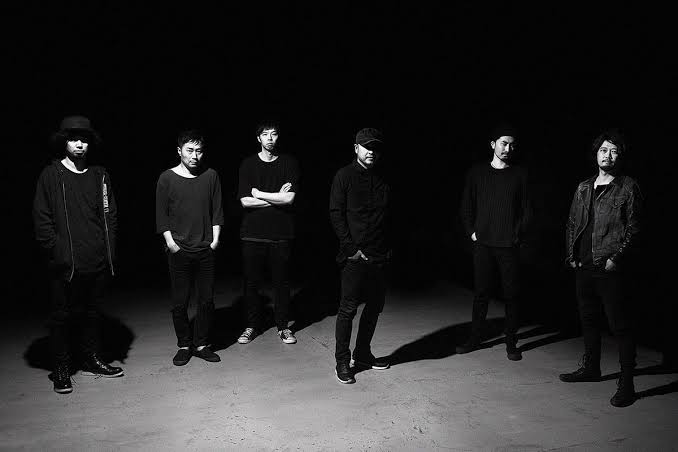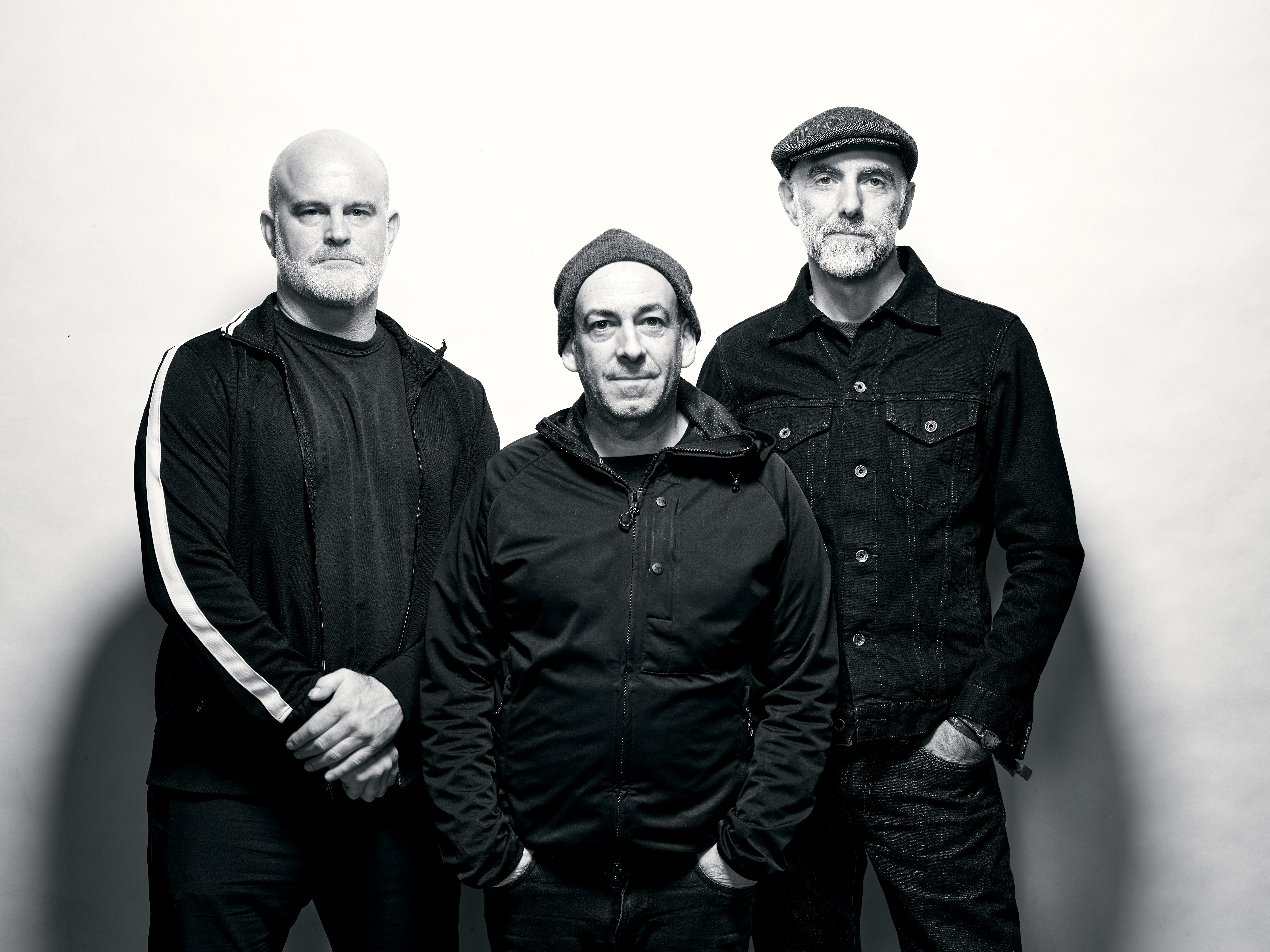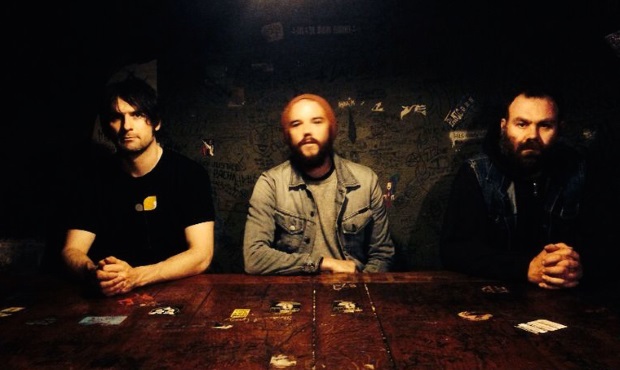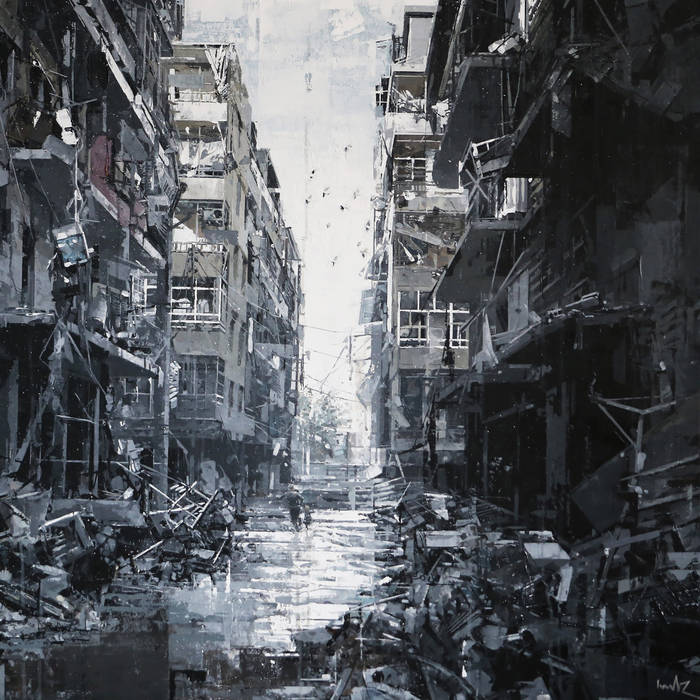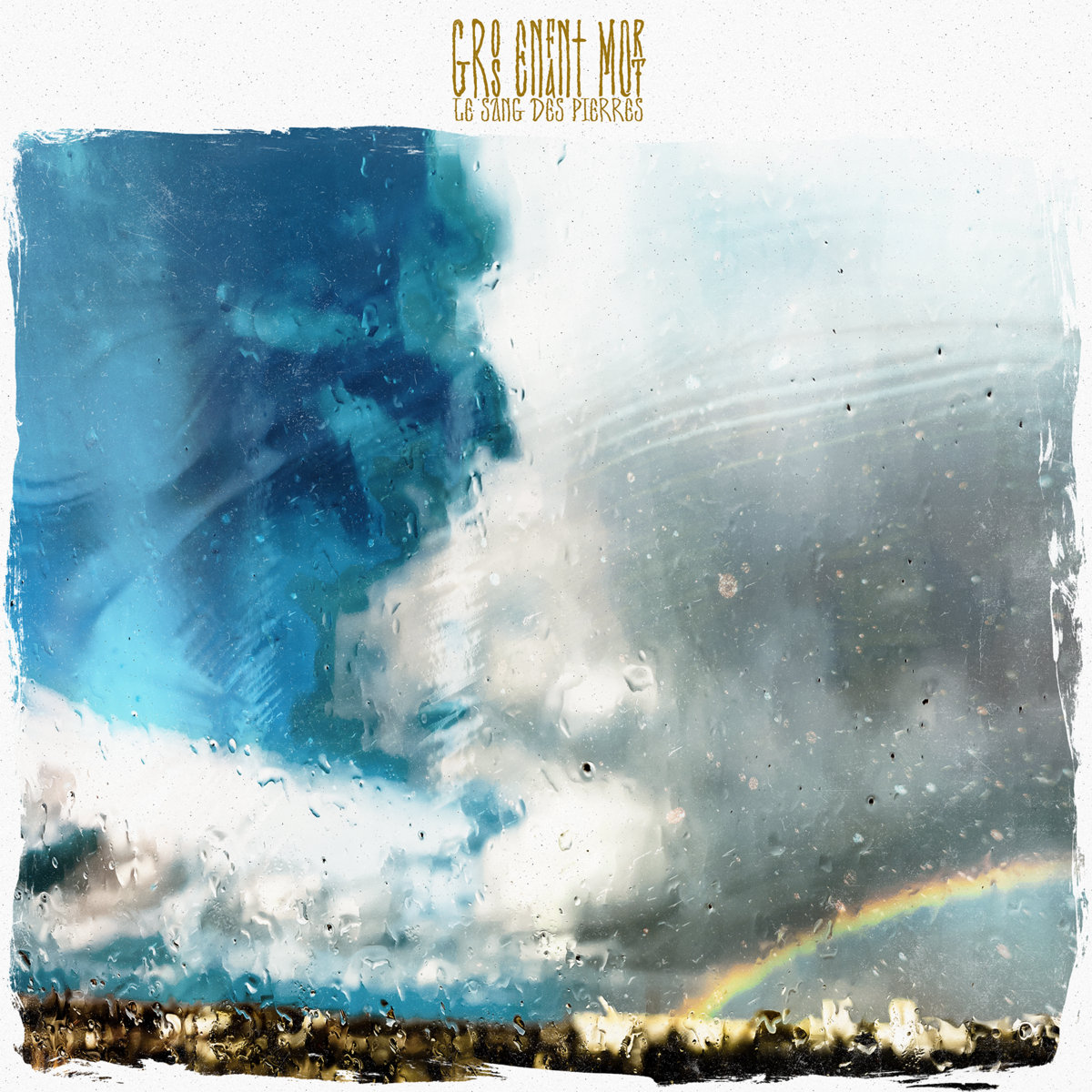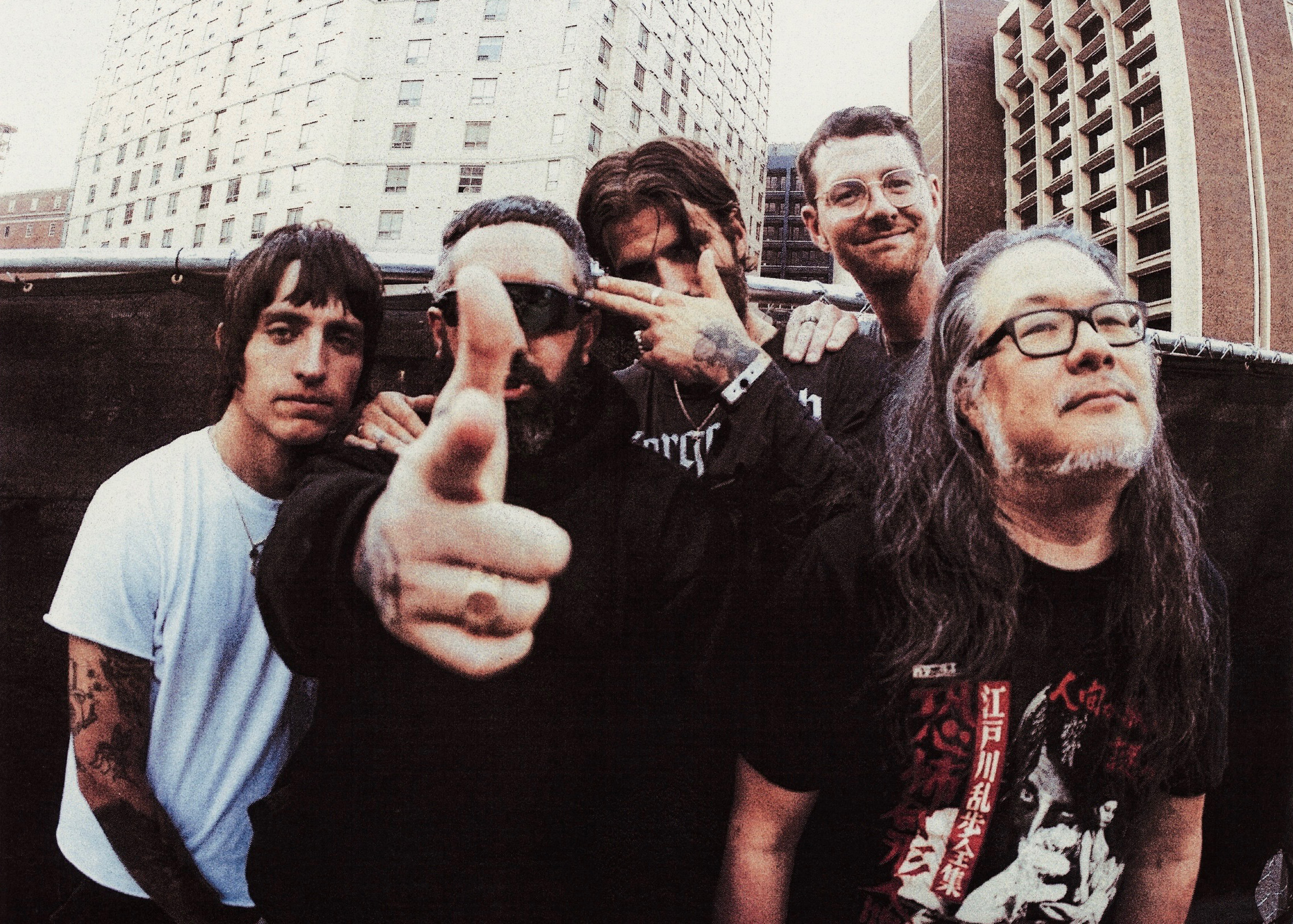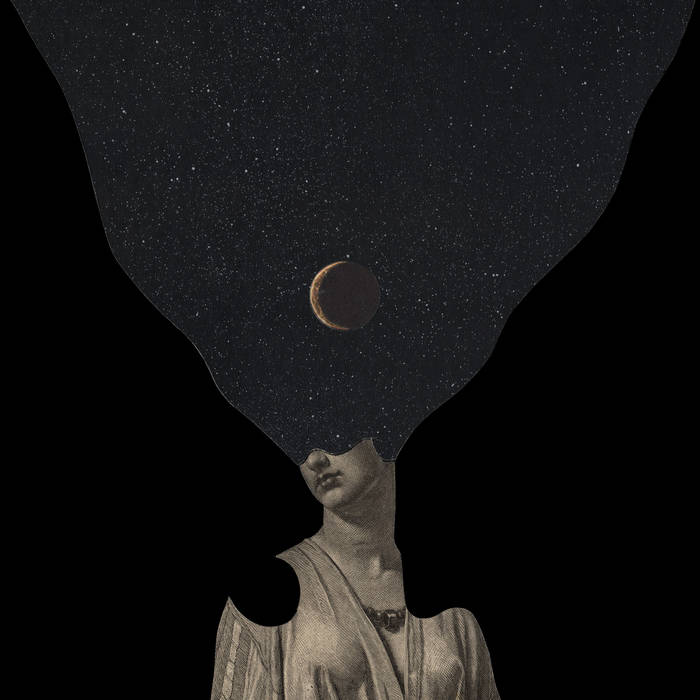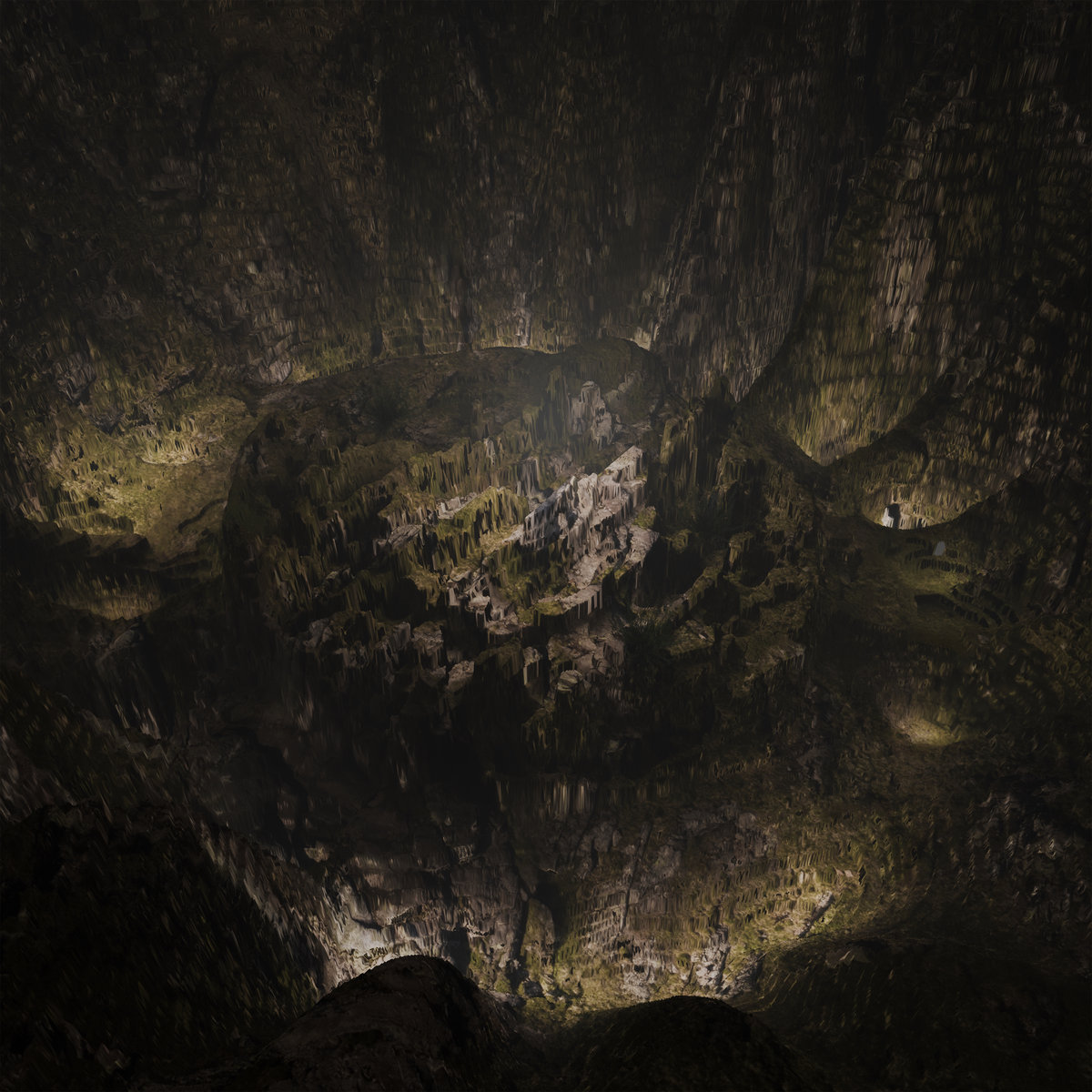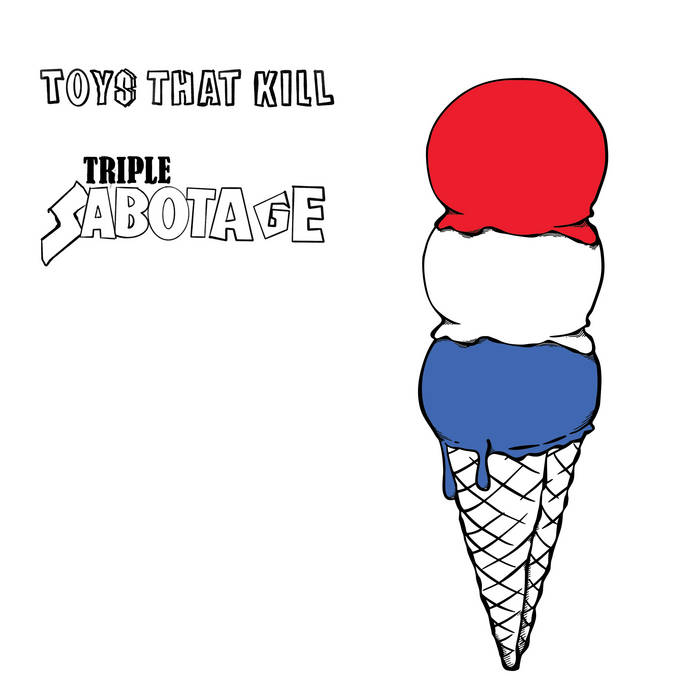Yes, we here at Veil of Sound are all huge fans of Envy, the best Post-Hardcore and Screamo band of all time. Period. And therefore we also gave you Knut’s review of their new record and are very happy that it was received so well. Yesterday, Eunoia was released and of course we wanted to know more about the record, its development as well as the band and its history. Tetsu and Nobu were so nice and answered our question in a wonderful, precise and yet elaborate way.
So, let’s not waste any more time and dive right into the interview with Tetsu and Nobu!
The band is now active for more than 30 years, do the three founding members of envy remember a life without making music together? Tetsu We have been a band for 30 years. We still have a very good relationship. I can’t imagine a life without playing music. I can’t imagine it because it has become a part of my life. I’m very happy that the band as a whole, including the new members, has continued without interruption.
How do you remember those days back at the beginning of the 90s when you started this journey? Tetsu In the early days, we had more intense screams and aggressive guitar riffs, and the song structures were often short and simple. Music during this period pursued an energetic and aggressive sound. Due to the surrounding environment, music theory, and skill growth, I feel that we will never be able to create similar songs again.
How do we have to imagine the Japanese Hardcore scene at the beginning of the 90s? How would you compare it to today? Tetsu The Japanese hardcore scene in the early 90s was very energetic and full of DIY spirit. There were many activities in underground live houses and small free spaces, and bands released their own demo tapes and 7-inch records. Also, since the Internet was not yet widespread, the whole scene was rooted in the local area, and fans and bands interacted in real places. Compared to today, the scene was smaller and more localized. However, the community was more closely connected, and a scene with a sense of unity was formed. With the spread of the Internet, I think that the current hardcore scene has become more diverse in the way bands and listeners can connect with each other all over the world. The quality of production has improved, and more bands are releasing more sophisticated music. However, I think that the DIY spirit and underground heat of the early 90s is disappearing.
Which bands influenced you mostly when you started out? Were there different influences on Blind Justice and on envy? NOBU When I started Blind Justice, I wasn’t influenced by NY hardcore, I was just imitating them. I realized that and started Envy. At that time, I listened to some bands around Ebullition Records. It wasn’t so much the music that influenced me, I was more interested in their attitude. There were more DIY bands in Japan, but envy, who played at live houses, started to have more and more guys with commercialism and other extreme ideas, so I thought it was ridiculous and distanced myself from that scene.
Now, in 2024, the band consists of 50% founding members and 50% new member (for some time) – is this mixture a good way of keeping the band and its output fresh? Tetsu I definitely think that the mix of founding members and new members is an important factor in keeping the band fresh. The founding members maintain the band’s original vision and sound, and play a role in maintaining its unique identity. Meanwhile, the new members bring new perspectives and ideas, bringing about musical change and evolution. I think this balance is the secret to the band’s musical vitality by always exploring new directions while preserving the goodness of the past.
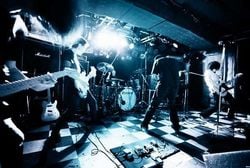
Eunoia, the title of the new record, is a term used to describe a general feeling of a shared positive openness towards the other. Is that a term to describe the band itself? Or is it also a term to describe your relationship with your fans? Tetsu I think the title “Eunoia” represents both the relationship between the band and the fans. Within the band, the founding members and the new members each have their own perspectives and experiences after years of activity, but they all have a positive and open attitude towards each other, which I think shows the relationship of creating new music together. In the relationship with the fans, the word “Eunoia” also represents the mutual respect and understanding between the band and the listeners, and the positivity that connects through music. This title symbolizes the trust and gratitude that the band and the fans have built over time, and the special moments they share through music.
Interestingly, one has the feeling as if you are trying to build as many bridges as possible with this record, as if you are reaching out to make amends, to strengthen existing friendships and built some new? Tetsu That is definitely the intention. The theme of the album Eunoia includes reconciliation, connection and growth. Although the band has a long history, as we continue our journey with new and old members, we are trying to build a bridge between the past, present and future. Music is a powerful tool that connects people with different backgrounds and experiences, and through this album, the band aims to share our own experiences and emotions, deepen empathy and understanding with listeners, and build new friendships and connections. This album is a new starting point for the band and our fans, and we want to show respect for the past.
Many track titles carry a certain lightness, as if they are floating: there are words like “light”,“Imagination and Creation” and the “beyond”. On the other hand there are many dark elements hinted at with terms like “dusk”, “The Night and the Void” and “Whiteout”. Is it important for you guys and especially for your singer Tetsuya to form these contrasts? Tetsu This contrast is very important to me. envy’s music has always expressed emotions through dualities - light and dark, hope and despair, stillness and movement. This album is no exception, and we are trying to convey complex emotions and the multifaceted nature of life through the contrasting elements in the song titles. Creating this contrast is a way to express the essence of human beings and the diverse emotions that exist in reality through lyrics. The bright elements of the words represent hope and light, while the dark elements reflect anxiety, loneliness, and the difficulties of life. I believe that the combination of these makes the songs more three-dimensional and realistic, making it easier for listeners to project their own emotions and experiences.
We are living in very dark times – do you see it as your chance to bring some light into this darkness? Tetsu That’s very possible. Music has the power to find light in the darkness, heal people, and give hope. I think music has a very big role to play, especially in unstable and difficult times like the current ones. By facing the darkness while maintaining an attitude of finding light in it, I believe we can become a beacon of hope and a healing presence for our listeners. I believe that music has the power to create empathy and connection by being a means of sharing emotions and experiences that cannot be expressed in words, and by touching the hearts of people who carry both light and darkness.

This connection is easily experienced at your live shows, this idea of “together we can get through”. Is that the connection between the different phases of envy? The old hardcore spirit? Tetsu I think this is rooted in both the long history of the band and the old hardcore spirit. Over the 30 years that we’ve been together, the band members themselves have experienced many difficulties and changes, and have supported each other and overcome them. There’s no doubt that this experience is reflected in the feeling of “we can overcome it together” that comes from our live shows. We don’t put up a wall between the audience and the band, and we place importance on feeling and resonating with the music together in the same space. We still cherish that spirit, and we want to connect with the audience on the same level through our live shows. envy wants to make our live shows special moments.
The new record is very light in many moments (but never powerless!) – was that your idea from the beginning or did it just happen? NOBU At first I was aiming for a darker worldview, but before I knew it, it had become something like this work. It just happened naturally.
How does envy write songs by now? Everybody together or do single people come up with single ideas, single songs? NOBU My composition style hasn’t changed since the old days. I play phrases and ideas for everyone, and then we take everyone’s opinions and shape them based on that. Sometimes it’s almost a song, and sometimes it’s just two phrases. I hate DTM, so I play new songs and phrases on the spot and play them for the other members while explaining them in words. I explain the instructions for each part to a certain extent, and then we all play together right away. I try to incorporate anything good, including mistakes. It’s a very analog way of composing in this day and age, but it works for me. It’s amazing how the other members are able to adapt to my crazy requests.
I said before that to me, the new record is a remarkable piece of Hardcore meets Shoegaze – with many parts clearly belonging to one of these two sides. Were you aware that you were building some really wonderful walls of sound on this record while composing? NOBU We’ve just started rehearsing for the release show, and I think we’ll be able to convey that more clearly in the live performance. We’ve always placed importance on reproducing the live performance, so it feels really good.
Tetsuya – how long does it take you to come up with these sometimes cryptic but always highly poetic words? They always sound remarkably elegant: How do you write the lyrics – are you looking for “sound” or “idea”? Tetsu I think the process of writing lyrics is very personal and profound for me. Sometimes it takes a long time to find poetic and enigmatic words, and sometimes they come to me instantly. The choice of words and their expression change depending on the theme and emotion of the song that Nobu is writing, or the inspiration at the time. When writing lyrics, I look for both “sound” and “idea”. The sound and rhythm of the words are closely connected to the music. My experiences, thoughts, and emotions are put into the lyrics, so “ideas” and concepts are also important. Lyrics are not just a combination of words, but are created in resonance with the music. That’s why I think they have a poetic beauty and enigmatic charm, giving our songs a deep emotion.
“Whiteout” seems to be a reminder of how gritty you guys can still be – can you quickly explain what the track is about? Tetsu The theme of this song is despair, conflict, and inner pain. The song expresses a sense of loss and isolation in life, and I wanted to give the feeling of standing in a desolate landscape. It refers to the state of a snowstorm where visibility is blocked, and symbolically represents the suffering and reality that cannot be escaped. The music and lyrics come together to create a song that stirs deep emotions in the listener.
“January’s Dusk” is the longest track on the record – was it always clear that it should be the grand finale? By the way – how important is tracklisting for you and how much time does it take? NOBU No, it wasn’t decided from the beginning. “January’s Dusk” was the last song we wrote. We finished it three days before recording, while thinking about the experiences we had over the past four years. We finished it right before the deadline, so we didn’t play it in the studio even once. It felt like we were creating as we were recording, so I think it was difficult for the members in many ways, but at the same time, I think it was thrilling and interesting. Jeremy, from Temporary Residence Limited, decided the track list. I always trust his objective perspective.
You guys have a long history of doing some amazing split with great bands like Thursday, Yaphet Kotto, Jesu. But you have not done one in a long time. How come? Any wishes for a split record partner in the future? Tetsu We’re not really interested in splits at the moment. Splits contain songs from different bands, so it’s hard to create a consistent storytelling or musical flow. We place a lot of emphasis on lyrics and the overall structure of the album, so if we want to tell a story or theme, we feel that splits are not suitable.
Thank you guys so much for this interview and even more so for the wonderful music!
Here you can find our review of their record Fallen Crimson and here the one for their single Seimei. Long live Envy!

